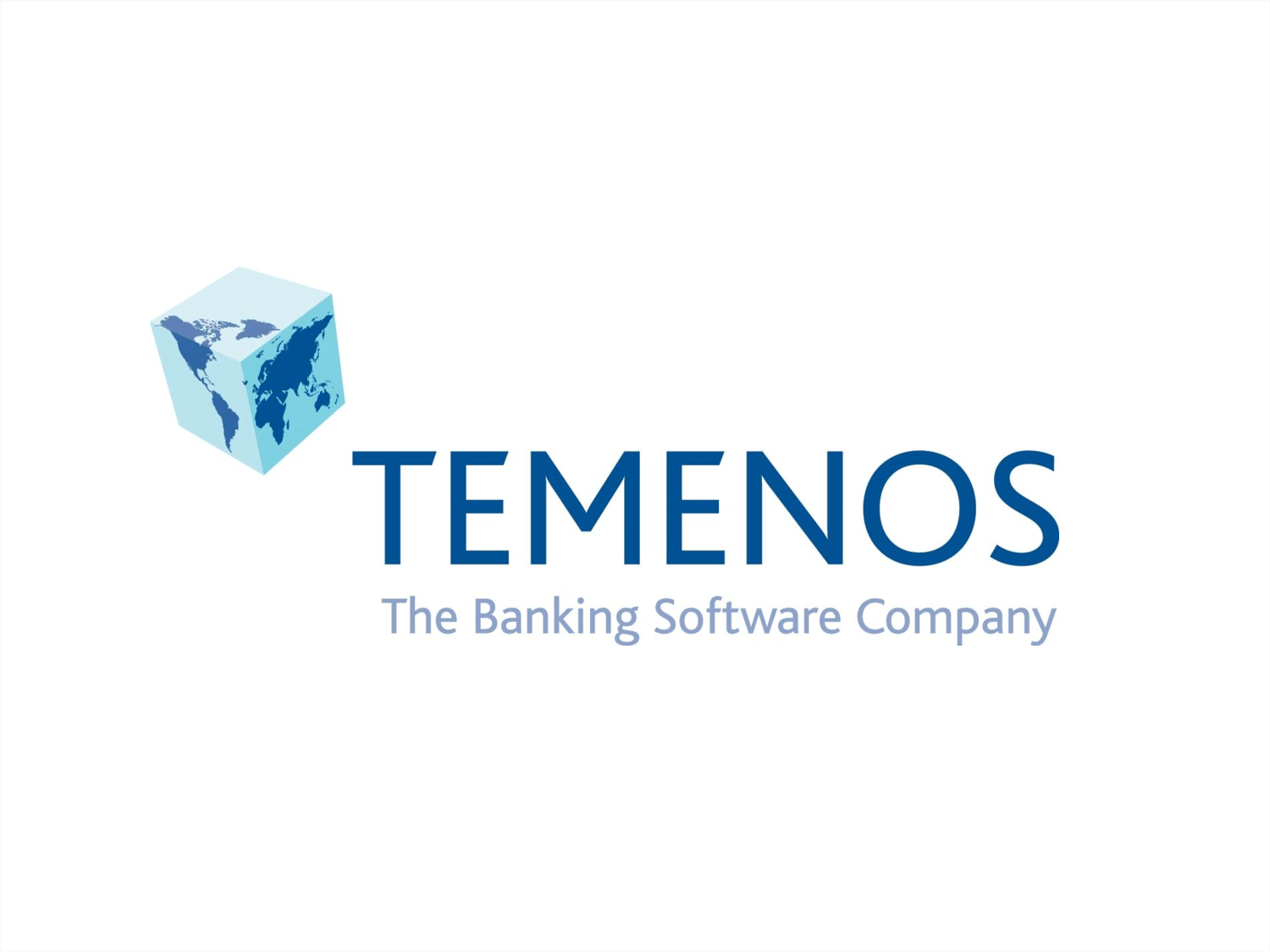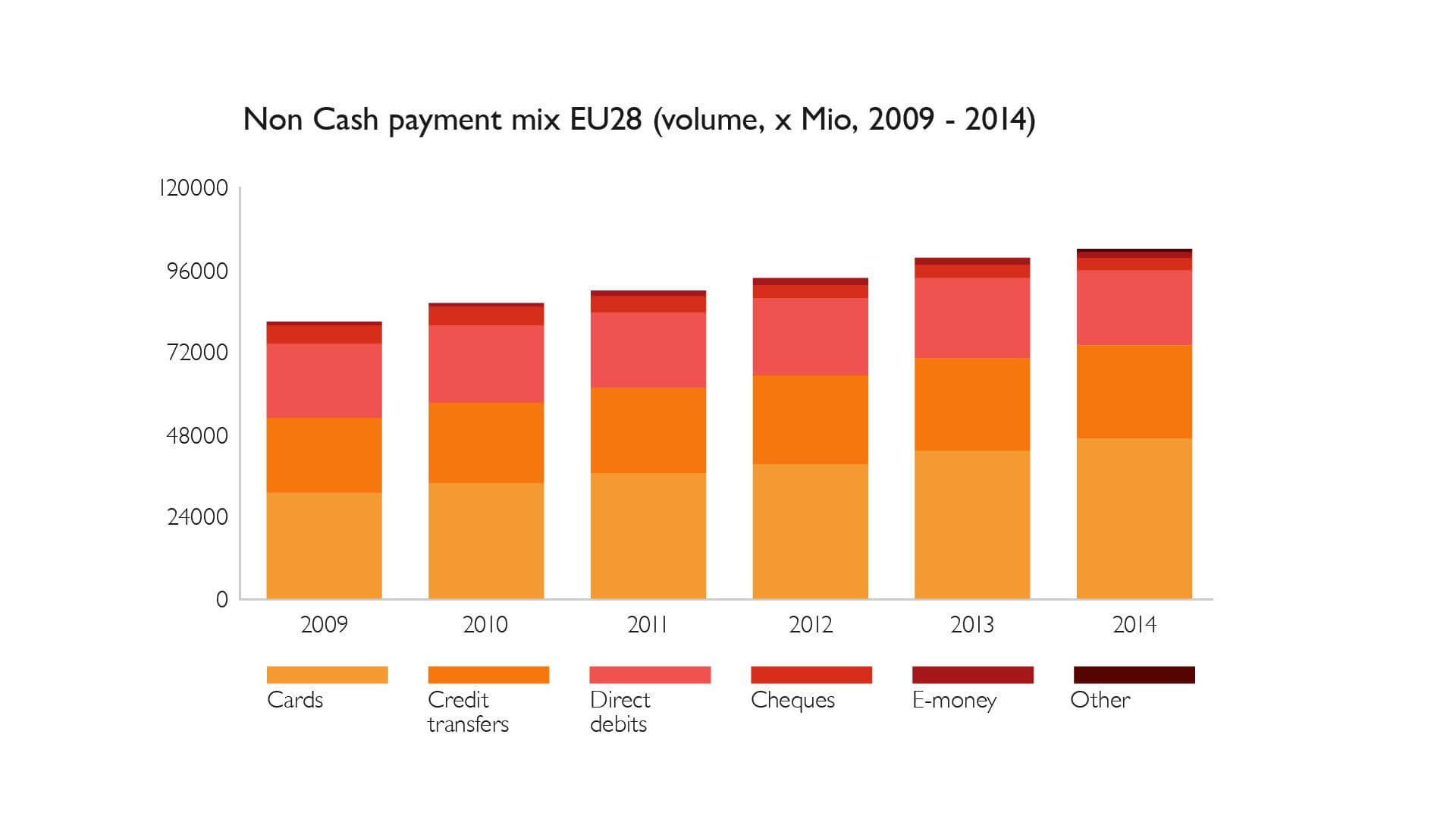The rise of cryptocurrency is to be seen as a democratising force within the global economy. For example, secured token offering, has emerged as a true competitor to the traditional Initial Public Offering (IPO) for growing businesses. Judging from the growing acceptance of cryptocurrency by countries and companies, it is predicted that institutional investors will move towards secure cryptocurrency investments over the next decade, if not earlier. Ana Bencic, President and Founder of NextHash explores this phenomenon in more detail.
Uber Technologies Inc.’s large initial public offering launched in May and the ride-hailing app has run into some trouble. Uber proposed to go public with a $120 billion valuation, to be pitched by financiers at Morgan Stanley and Goldman Sachs ahead of its IPO. Nonetheless, the company eventually listed with a $75.5 billion market cap. The New York Times elucidated that institutional investors, many who privately owned Uber stock, would not purchase additional shares at a higher price. Uber had received in excesses of $10 billion from institutional investors and private equity firms, among other investors, according to the report and many bought their Uber shares at valuations below $61 billion.
The ride-hailing giant priced its IPO on Thursday 9th May at $45 a share, raising a minimum of $8.1 billion and putting Uber’s IPO well behind some of the other, large offerings on the U.S. market in recent years. Facebook Inc raised $16 billion its offering in 2012, while Visa Inc. raised close to $18 billion in 2008 and Alibaba Group Holding Ltd. brought in around $25 billion in 2014.
Initial Public Offerings can offer companies the prospect to raise new equity capital; to monetise the investments of private shareholders such as corporation founders or private equity investors and to enable simple trading of existing holdings or future capital raising by becoming publicly traded enterprises.
Nevertheless, for companies looking to list, there are potential drawbacks. Foremost, there is the risk that the required funding will not be raised. Additionally, the cost for accounting, marketing and legal professionals to get to the point of an IPO can be sizeable. It might also necessitate a significant amount of time and effort from the management team, potentially disrupting them from their primary task of running the business. Furthermore, as in Uber’s case, there is a. While no promises can be made in these circumstances, many may be looking at the recent state of these tech unicorns (privately held start-up enterprises valued at over $1 billion) such as Uber and even Facebook may have people pondering if the next big thing will follow the same path.
Aside from financial sacrifice, the time and effort to get to the IPO stage and the administration required once a company has gone public or floated, is considerable. For companies at the front-line of technological advancements, time is of the essence. According to Street Directory, an IPO typically takes between six and nine months. In some cases, this procedure can take up to 18 months. For high-growth businesses, this kind of interval may well bump potential unicorns off their path to a £1 billion valuation and present their rivals with a huge advantage. So what other prospects do highly scalable businesses have?
The cryptocurrency market provides distinctive opportunities for businesses in need of access to vital growth finance and for investors desiring access to potential unicorn businesses at an early stage. This is made likely by cryptocurrency platforms’ capacity to operate across borders, an advantage that isn’t possessed by conventional markets.
In April, the French parliament permitted a ground-breaking financial sector bill which aims to encourage both cryptocurrency traders and issuers to set up in France. Organisations looking to issue or trade both existing and novel cryptocurrencies will soon have the option to apply for official accreditation. The scheduled certification process exhibits a degree of official acknowledgement of the cryptocurrency marketplace. Bills like this enable French investors to trade and invest cryptocurrencies, as well as facilitating businesses to be traded as a Secured Token Offering which would give investors, traders, and entrepreneurs a way to trade and exchange tokens for cryptocurrencies, bringing the ecosystem into the cryptocurrency world. In exchange for charging tax, France is laying the foundations for the Europe-wide adoption of cryptocurrency trading.
France is pushing for the European Union to adopt a regulatory framework on cryptocurrencies.
There has been a largely positive attitude towards cryptocurrency by several countries. Malta, Slovenia and France are strong examples of those who are encouraging the implementation and use of cryptocurrency for trading and investment. The ability to invest or trade freely and across borders is an attractive prospect for businesses, who are able to receive financial investment from foreign parties.
New technologies are allowing businesses that are not in a jurisdiction that has cryptocurrency regulation in place yet to be included in the new, second generation of scaling business investment.
With Brexit on the horizon for the UK, economists are making their forecasts about how the worth of the pound will be affected. Due to the interdependence of the pound and euro, some have claimed that in either of the potential outcomes- there will likely be some loss in value to these traditional forms of currency. Cryptocurrencies offer an alternative to traditional, fiat currencies for both consumers and companies, due to their unique advantages of being decentralised, transparent and wholly unaffected by the Brexit situation
With incongruent regulation and legal frameworks throughout the globe, platforms that empower a corporation or investor in one jurisdiction to trade or exchange tokens or currency with another trader in another country with a different statute could open the doors to potential unicorn companies to thousands of family offices, hedge funds and institutional investors in a matter of years. In the medium term, platforms that give businesses access to global growth finance could help developing countries and the wider global economy grow at a truly competitive rate to their Western counterparts.
CONCLUSION
Cryptocurrencies have spent the last few years in a stage of growth and maturation. The emergent importance of blockchain-based cryptocurrencies is easy to grasp today. From the snowballing rate of adoption of Ethereum and Bitcoin by conventional institutions, the instituting of digital-assets trading platforms and the implementation of cryptocurrency-specific legislation by numerous countries both inside and outside of the EU- cryptocurrency is seeing far greater adoption by both institutional and private traders/investors. With the ability to invest in a corporation from anyplace in the world, quicker than by traditional means and with a far greater potential for a swift return on investment, cryptocurrency offers manifold unique and substantial advantages that have fortified it a lasting place in society.


























